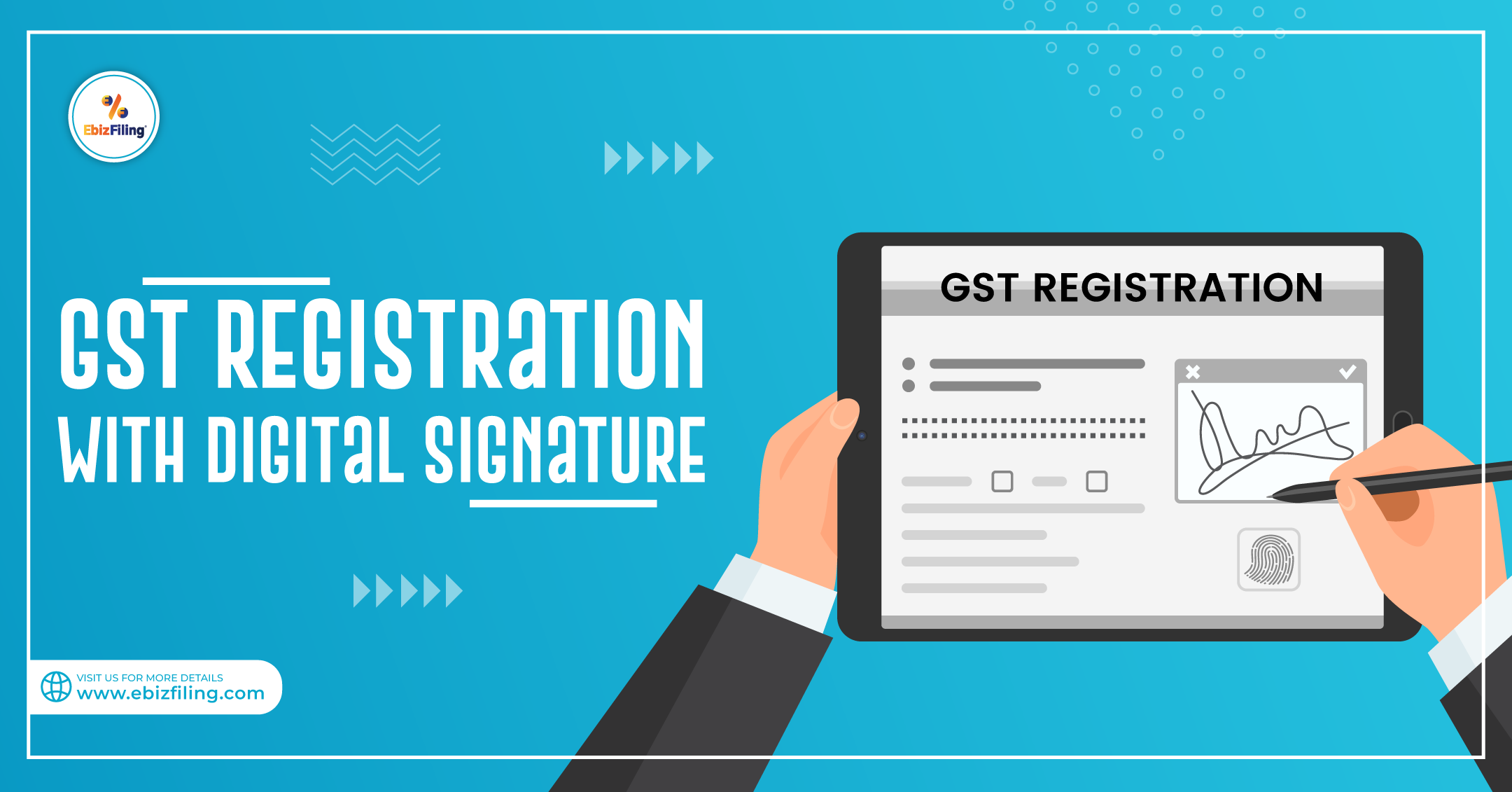Professional Tips for Picking the Best GST Registration Services in Singapore
Professional Tips for Picking the Best GST Registration Services in Singapore
Blog Article
From Beginning to Finish: The Ultimate Roadmap to GST Enrollment for Companies Looking For Financial Security
Navigating the complexities of Item and Services Tax Obligation (GST) registration is an essential action for businesses making every effort for economic security. From understanding the essential concepts of GST to abiding by post-registration standards, the procedure can seem intimidating at very first look. Damaging down the roadmap right into manageable steps can simplify the enrollment trip for businesses looking to improve their monetary standing. Allow's discover the vital elements that compose this utmost roadmap and discover how each stage adds to laying a solid foundation for monetary success.
Comprehending GST Basics
Digging into the basic principles of Product and Services Tax (GST) is important for obtaining a thorough understanding of its implications on businesses and the economic climate. Input Tax Credit History (ITC) is a considerable feature of GST, permitting businesses to declare debt for tax obligations paid on inputs, lowering the total tax obligation worry. Comprehending the essentials of GST is vital for companies to abide with tax laws, handle their finances efficiently, and add to the nation's financial growth by taking part in a clear tax system.
Eligibility Requirements for Enrollment
To register for GST, organizations have to fulfill specific qualification criteria established by the government. The key qualification demand is that any kind of service associated with the supply of goods or services with an annual accumulation turn over above the threshold limitation set by the authorities must register for GST. Since the present policies, the threshold limitation for GST enrollment is an annual aggregate turn over of 40 lakhs for businesses operating within a state, with the exception of unique classification states where the limitation is 20 lakhs. Furthermore, certain companies are needed to sign up for GST regardless of their turn over, such as interstate vendors, casual taxed individuals, and companies accountable to pay tax under the reverse charge device. It is critical for services to thoroughly analyze their turnover and transaction kinds to determine their GST enrollment obligations properly. Failing to register for GST when eligible can lead to charges and legal repercussions, making it important for organizations to adhere to the specified qualification criteria.
Papers Needed for Enrollment
Having met the eligibility requirements for GST registration, services have to currently ensure they have the requisite files in location to wage the enrollment process effectively. The papers needed for GST enrollment typically include evidence of organization constitution, such as partnership deed, registration certification, or incorporation certification for different kinds of services. In addition, companies require to give papers establishing the major business, such as a rental agreement or power bill. PAN card of the business, as well as the identity and address proof of promoters/partners/directors, are important for verification purposes. Financial institution account statements, along with canceled cheques or a duplicate of the financial institution passbook, are called for to verify the monetary details offered during enrollment. Services need to have digital trademarks all set for the licensed signatory. Ensuring all these documents are arranged and easily available will quicken the GST registration process, enabling companies to adhere to tax guidelines effortlessly.
Step-by-Step Registration Process
Starting the GST registration process entails a series of structured actions to make certain a seamless and certified enrollment for services. The initial step is to check out the GST site and fill in the registration type with precise information of the business entity. Following this, the applicant gets a Short-lived Recommendation Number (TRN) which is utilized to return to the application procedure if it's not finished in one go.
Following, all required files according to the list given by the GST portal demand to be uploaded. These files normally include evidence of service identification, enrollment and address proofs of promoters, financial statements, and business entity's PAN card.

Post-Registration Conformity Standards

Verdict
Finally, organizations looking for economic security needs to comprehend the basics of GST, meet qualification standards, collect required files, follow the detailed enrollment procedure, and abide by post-registration guidelines - Best GST registration services in Singapore. By adhering to these steps, companies can make sure conformity with tax obligation regulations and maintain financial security over time
Additionally, certain companies are needed to register for GST irrespective of their turnover, such as interstate providers, casual taxed persons, and companies accountable to pay tax obligation under the reverse charge system.Having actually met the eligibility requirements for GST enrollment, services need to now guarantee they have the requisite files in area to proceed with the enrollment process successfully. The papers needed for GST registration typically consist of proof of company constitution, such as collaboration deed, enrollment certificate, or unification certificate for different kinds of companies. In addition, organizations require to offer records establishing the primary area of company, original site such as a rental arrangement or electrical power costs.Commencing the GST registration procedure entails a series of organized actions to guarantee a compliant and seamless enrollment for companies.
Report this page